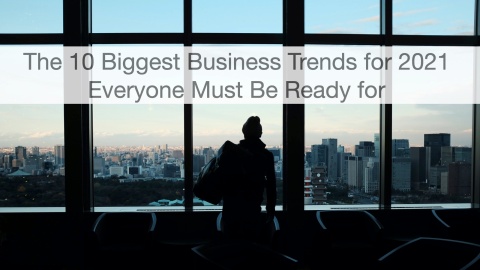Although some aspects of life are slowly returning to normal, the COVID-19 pandemic has permanently impacted the way businesses operate and has created a new ‘normal’ for the future of the workplace dynamic. Due to the virtual workplace, employees have gotten used to having a more flexible work-life balance. Companies have gotten more creative and proactive with their digital strategies. Leaders have become more empathetic and authentic. The consequences of the pandemic were unprecedented, but companies must learn to adjust to these conditions quickly if they want to remain competitive in their industry.
Throughout the past few months, I have participated in various discussions with clients, candidates, and my team on adapting to this new ‘normal’. Maintaining a positive and engaging corporate culture while in a virtual workplace is critical to success. The more conversations we have about this, the more we can learn from it and grow.
COVID-19 has changed the direction and flow of business in every industry to a more or lesser extent. How can employees effectively connect with each other through a computer screen? How does this affect corporate culture? What makes a company attractive in this highly advanced digital world?
I believe we should focus on three elements within companies that have been disrupted by the pandemic:
- Company culture
- How to be more proactive as companies
- Employability
Speaking of company culture, a lot has changed over the past 18 months. Many people work for companies and have never met their colleagues, or even their bosses, in person. They started their new job during the pandemic and worked from home from day one. What effect does that have on corporate culture? And how do we get back together, after having been separate for 18 months? Company and corporate cultures need to be relooked at. People need to be brought back into the culture and the culture will probably need to be adjusted to the new normal. Companies that never allowed working from home opportunities, might decide to keep those now, because of employee demand, or even travel efficiencies. And we can think of many more cultural items that need reconsidering.
Secondly, companies need to be more proactive. Business leaders who believe we will return to “business as usual” are at a huge disadvantage. COVID-19 already has permanent consequences on the future of every type of company in every industry. While many leaders talk about the future, very few actually do something impactful about it. This is due to a combination of factors, including a lack of imagination or not knowing where to start the journey in the middle of a multitude of future issues that leaders are confronted with.
And lastly, we should look at employability; to what extent is the company attractive to the modern manager? Digital developments went faster because of the pandemic — a result of which is that the work-life balance schedule has become more flexible. Is a leader willing to move homes for a new job, or will the demand be to live where they choose and work partly from home? Who will be making the demands, the employer, or does the negotiation and decision power lie more and more with the employee?
All in all, companies need to focus more on employee wellbeing now than ever before. Empathy, compassion, and listening skills need to become an integral part of leadership if they are to remain attractive to talent.









